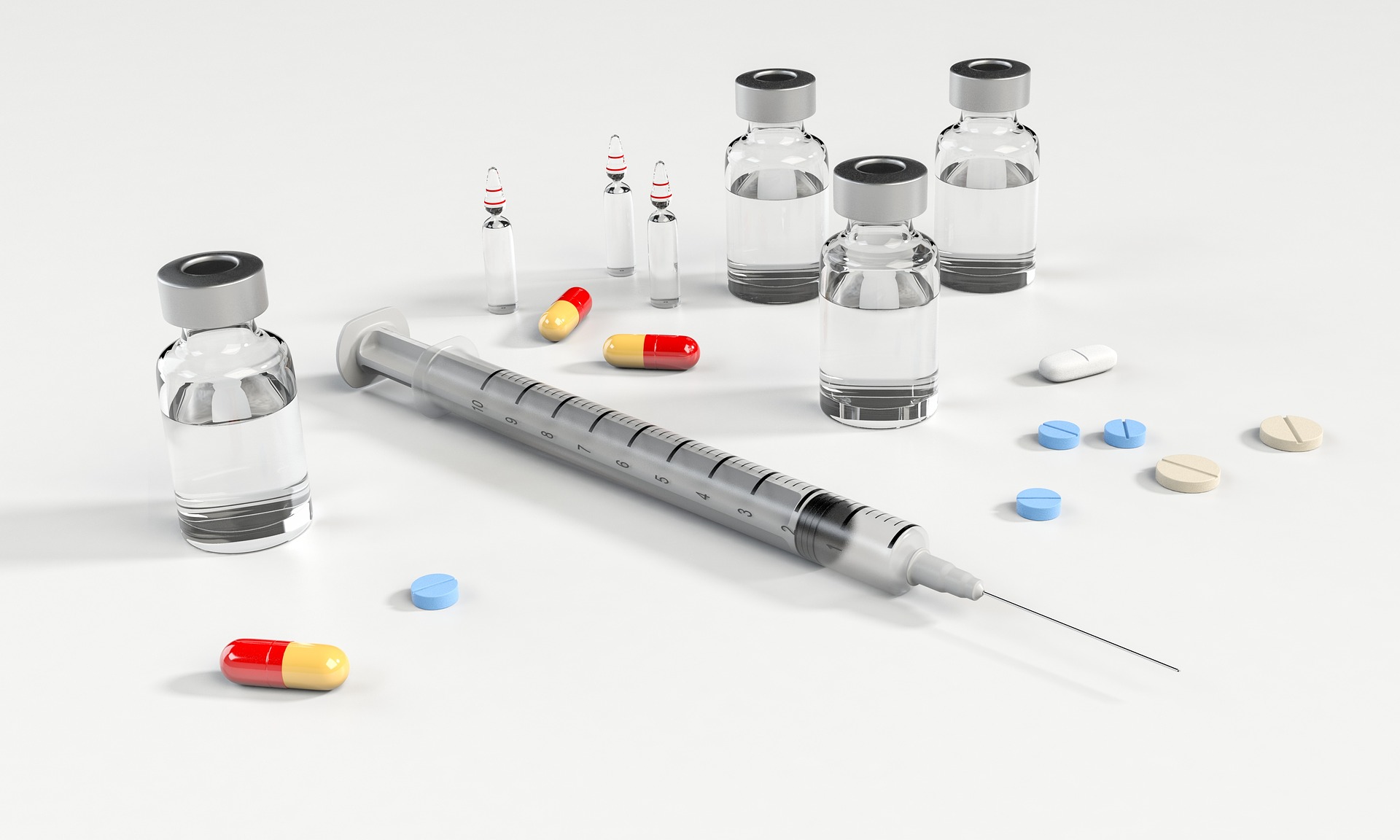Drug And Substance Addiction Medical Approaches
Drug and substance addiction is normally a chronic illness characterized by uncontrollable or compulsive drug use and seeking despite the user’s knowledge about the long-lasting and harmful consequences caused to the brain. The changes caused to the brain lead to harmful behaviors that can result in death if not controlled. Drug addiction is also known to be a relapsing condition when a person attempts to stop but gets back to the same behavior after a short while.
Drugs and substance use starts as a voluntary act. The behavior reaches a point where a person can’t choose to use them, since the craving is too much to overcome. Such a person is addicted to a drug and can’t live without using it. You can find more knowledge about drug and substance addiction at https://www.gallusdetox.com/. The following are things to know about drug and substance addiction and treatment procedures.
Is drug addiction treatable?
Yes, drug and substance use can be treated. However, it has never been as simple as it sounds. Addiction is a chronic ailment. It makes it difficult for addicts not to stop using a drug for days and be completely cured. Most patients require a long-term cure to stop the recurrent relapse cases. It’s the only way to be assured of a complete and long-term recovery. An addiction treatment procedure needs to help an addict stop using drugs or substances, live a drug-free life, and sober up and be a productive member of the family and society.
Drug and substance treatment options
There are different options used to manage and cure drug addiction. They include:
- Medication
- Medical devices and appliances for drug addiction treatment
- Long-term follow-up to help a patient avoid relapse
- Behavioral counseling
- Assessment and medication for co-occurring psychological health issues, for example, anxiety and depression.
For a successful treatment program, medical attention and follow-up options are recommended. The entire treatment requires medical and mental health services followed by constant follow-up care provided by the community-or family-based recovery support systems.
- How behavioral therapies help treat drug addiction
- Behavioral therapies are significant in helping patients in:
- Increasing their healthy life skills
- Modifying their behaviors and attitudes associated with drug use
- Persisting with other types of medication
A patient can receive medical care in a variety of ways, including;
- Outpatient behavioral treatment- The program comprises cognitive-behavioral therapy, multidimensional family therapy, motivational incentives, and motivational interviews.
- Inpatient treatment- The program involves therapeutic communities, recovery housing, short-term residential treatment, and recovery housing.
Ways medical devices and appliances for drug addiction treatment
There are medications and devices used to manage drug withdrawal symptoms, prevent relapse, and cure co-occurring conditions.
- Withdrawal- Some withdrawal symptoms are suppressed by the use of medication and devices during detox. It’s necessary to note that detox isn’t a treatment procedure, but it’s the first stage that helps to manage drug and substance addiction. Patients who don’t seek treatment after detox have a high risk of getting back to their drug use. In 2017, the Food and Drug Administration (FDA) introduced a new signal to an electronic stimulation device, the NSS-2 Bridge, which is meant to help reduce opioid withdrawal symptoms.
- Relapse prevention- Drug and substance users can use medications to assist them in getting back their normal brain function and reduce cravings. There are various treatments present to manage alcohol addiction, tobacco, and opioids. Scientists are coming up with treatments to handle stimulants like cocaine and cannabis addiction.
- Co-occurring conditions- There are other treatment procedures available to treat possible mental health situations caused by the effects of drugs or withdrawal symptoms. Such effects include anxiety and depression that are likely to contribute to drug users’ addiction. The best treatment program offers integrated medication, therapies, and other services that meet patients’ needs.
